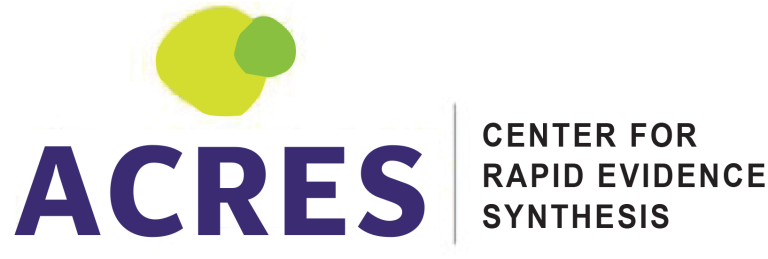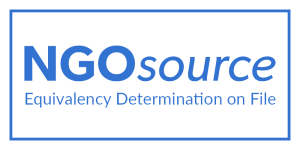Why vaccine coverage, which dropped during the COVID-19 pandemic, is slow to recover, particularly in Kampala and Wakiso districts
The slow recovery of vaccination coverage following the COVID-19 pandemic can be attributed to a number of intertwined factors. The continued strain of the pandemic, driven by ongoing COVID-19 variants, has diverted resources and focus towards COVID-19 vaccine research and development, reducing attention to routine immunizations. Vaccine hesitancy, fueled by mistrust and misinformation during the […]
Considerations for safe disposal of garbage in LMICs
The effective management of municipal solid waste is both a pressing challenge and a critical opportunity. As urbanization, industrialization, and population growth continue to drive up waste generation, it is imperative to adopt comprehensive waste management strategies. Emphasizing public education on waste segregation and the implementation of the 3Rs (Reduce, Reuse, Recycle) can significantly reduce […]
Understanding the problem of maternal and perinatal deaths in Uganda
Although there has been a gradual decline in maternal and perinatal mortality rates in Uganda, significant challenges remain that hinder progress toward achieving the sustainable development goal targets. The persistent regional disparities, particularly in areas like the capital Kampala, underscore the urgent need for targeted interventions and improved data collection to accurately reflect the […]
Strategies for reducing mortality due to motorcycle accidents
This review found poor training for first responders, no dedicated ambulances, and slow access to care resulting in poor patient outcomes and contributing to mortality due to motorcycle accidents. This brief suggests strategies for the Ministry of Health to tackle these issues and improve care for motorcycle accident victims through improving prehospital and in-hospital […]
How can healthcare organizations motivate their staff to embrace smart paper technology, and what benefits can be expected in terms of data quality and workflow efficiency?
While incentives are important, they may not solely overcome reluctance to use new eHealth solutions, and issues like over-expectations of eHealth’s capabilities may hinder adoption. Therefore, addressing motivation comprehensively, including incentives and considerations for the capabilities of the eHealth solution, is essential for successful adoption.
Considerations for a Professional teachers’ competencies framework for Uganda
Irrespective of location, there is a consensus on the core competencies that teachers should possess. The teacher competence frameworks across different countries emphasize critical skills such as structured knowledge frameworks, subject-specific knowledge, classroom management skills, interpersonal and collaborative skills, innovation attitudes towards professional practice, and ongoing professional development.


